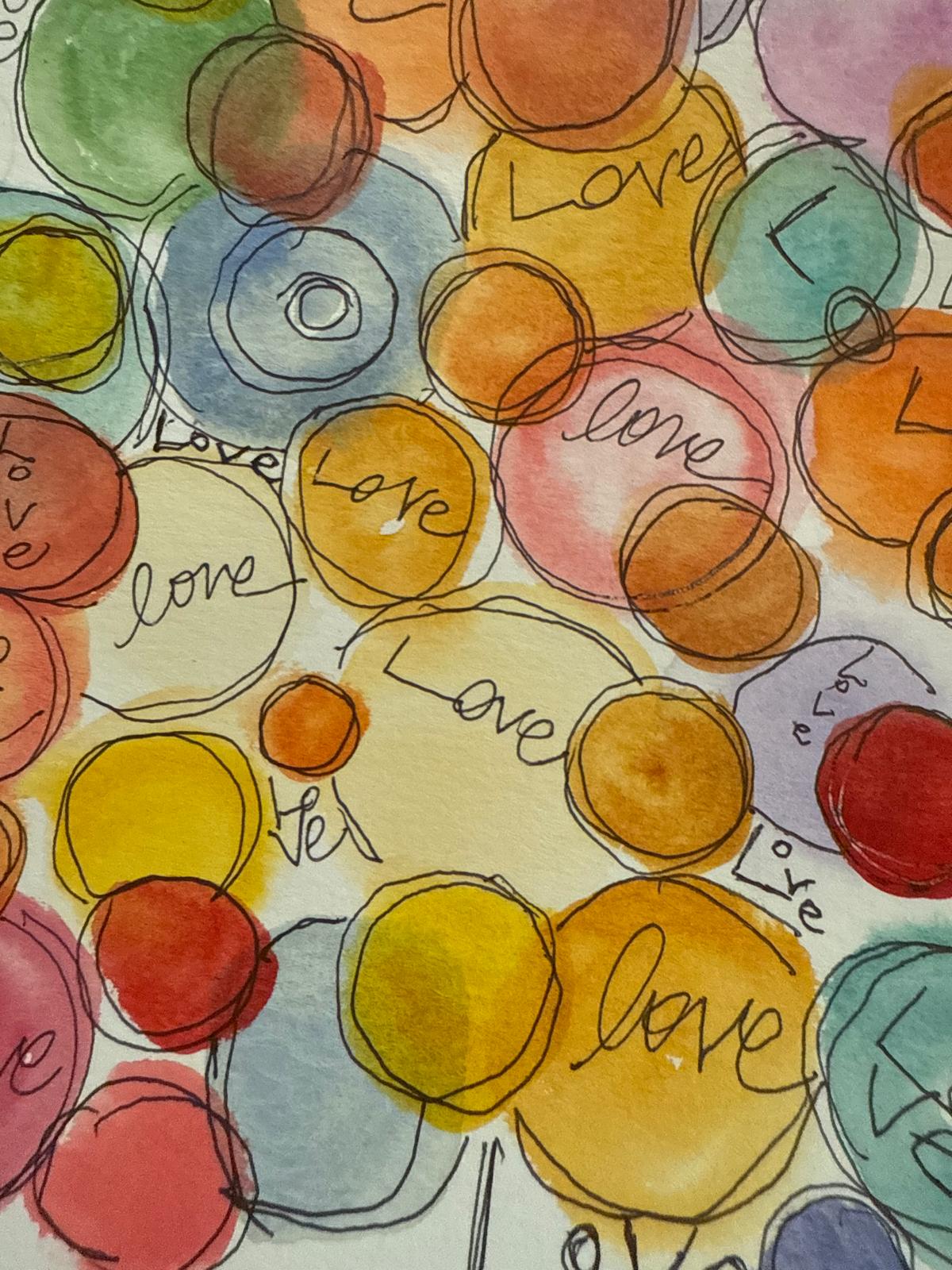.jpg)
Owning Your Truth and Working with Ancestral Trauma
I have been researching and working through healing my ancestral trauma. This complex and delicate process typically involves understanding and addressing generational patterns of pain and dysfunction within a family system. Ancestral trauma can be passed down through generations, affecting individuals in various ways. I want to acknowledge that much of my work has been to sever these old patterns that were unfortunately handed down to me.
I have been focusing on healing the trauma when you may also be dealing with a narcissistic family member. The dynamics can be particularly challenging. I am sharing these tools with you as they have supported my journey.
Here are some considerations when navigating the process of healing ancestral trauma with a narcissistic individual:
Establish Boundaries:
Setting clear and firm boundaries is crucial when dealing with a narcissist. This helps protect yourself emotionally and energetically.
Be prepared for resistance from the narcissistic individual, as they may struggle with boundaries.
Seek Professional Support:
Consider involving a therapist or counselor who specializes in family dynamics, trauma, or narcissistic personality disorder.
Professional guidance can provide a safe space to explore and process the complexities of ancestral trauma.
Self-Care:
Prioritize self-care to ensure your well-being. This may include activities that promote emotional, physical, and mental health.
Recognize when you need a break or time away to recharge.
Educate Yourself:
Learn about narcissistic personality disorder and its impact on relationships. Understanding the traits and behaviors can help you navigate interactions more effectively.
Empathy and Compassion:
While challenging, try to approach the situation with empathy and compassion. Recognize that narcissistic behavior often stems from their unhealed wounds.
This doesn't mean accepting or tolerating abusive behavior but instead maintaining a perspective that allows for understanding without compromising your well-being.
Release Responsibility:
Acknowledge that you are not responsible for the narcissist's healing or behavior. Focus on your journey and growth.
It's important to distinguish between what you can and cannot control.
Healing Practices:
Engage in healing practices that resonate with you. This may include meditation, mindfulness, journaling, or other therapeutic techniques.
Explore ancestral healing modalities, which may involve acknowledging and releasing inherited patterns through ritual or therapeutic processes.
Build Supportive Connections:
Cultivate a network of supportive relationships outside of the family system. This includes friends, support groups, or others who understand and validate your experiences.
Remember that healing from ancestral trauma is a gradual process that may take time. If the narcissistic family member is unwilling to participate in the healing journey, focus on your growth and well-being. It may also be necessary to set clear boundaries or, in extreme cases, consider limiting contact to protect yourself emotionally.
.png)

